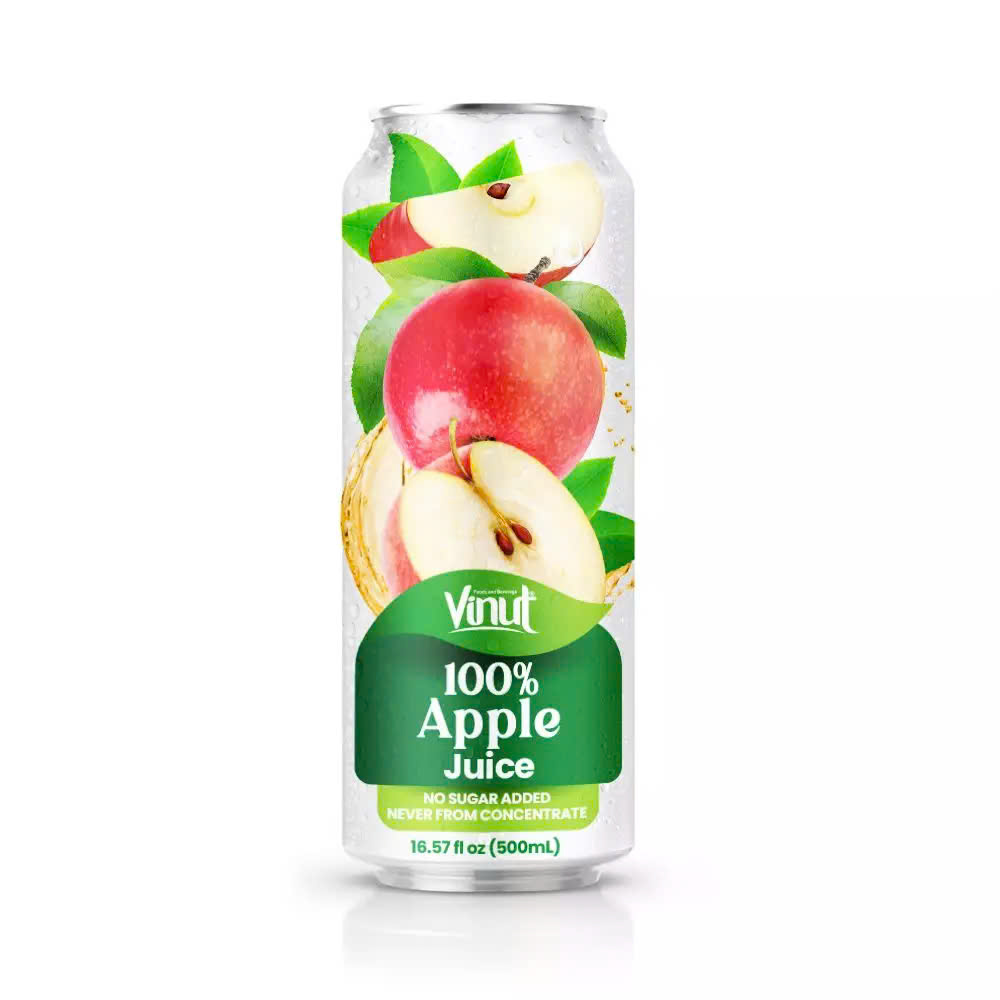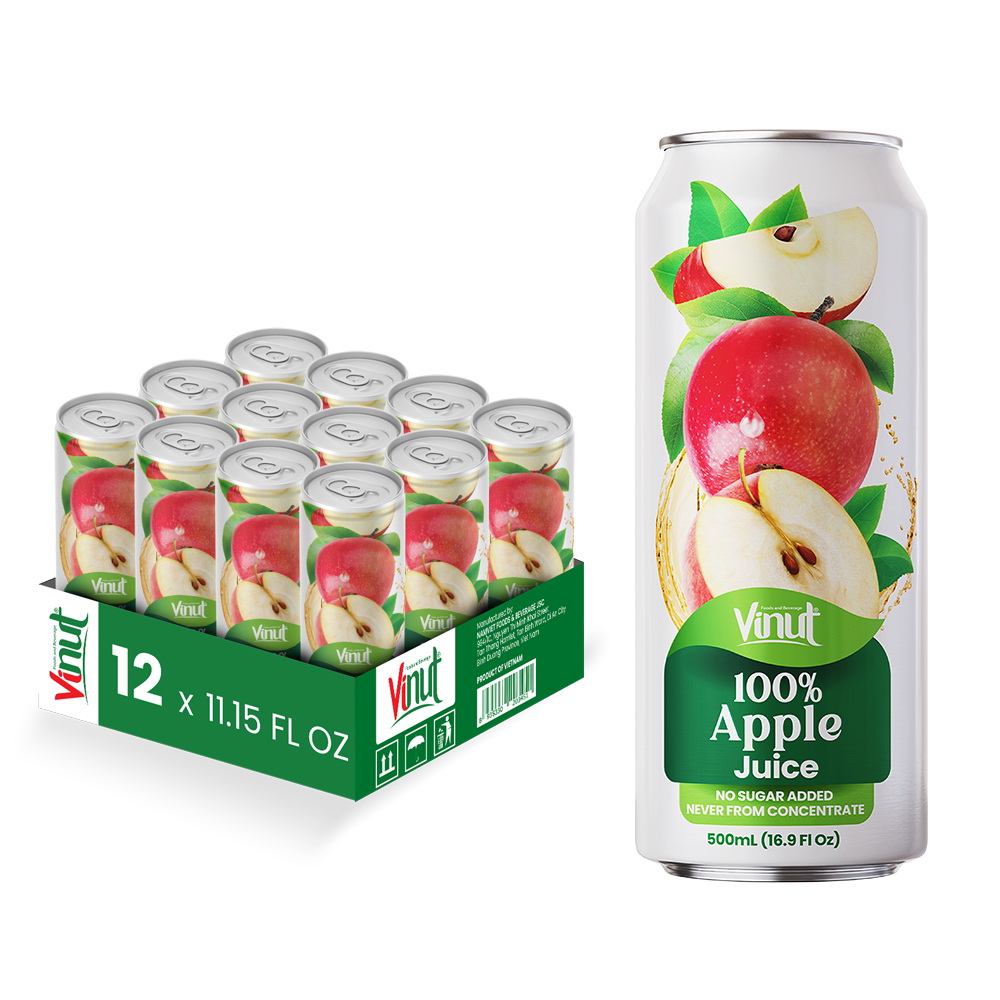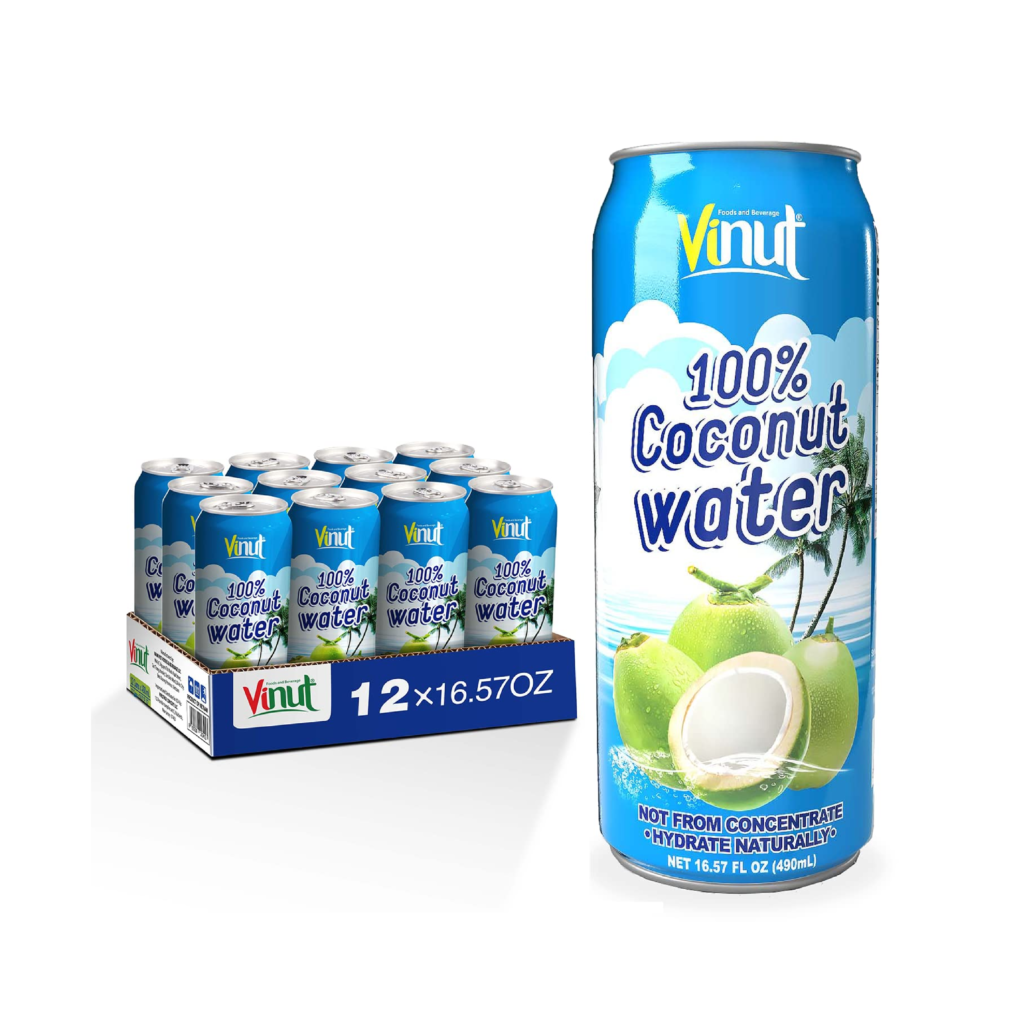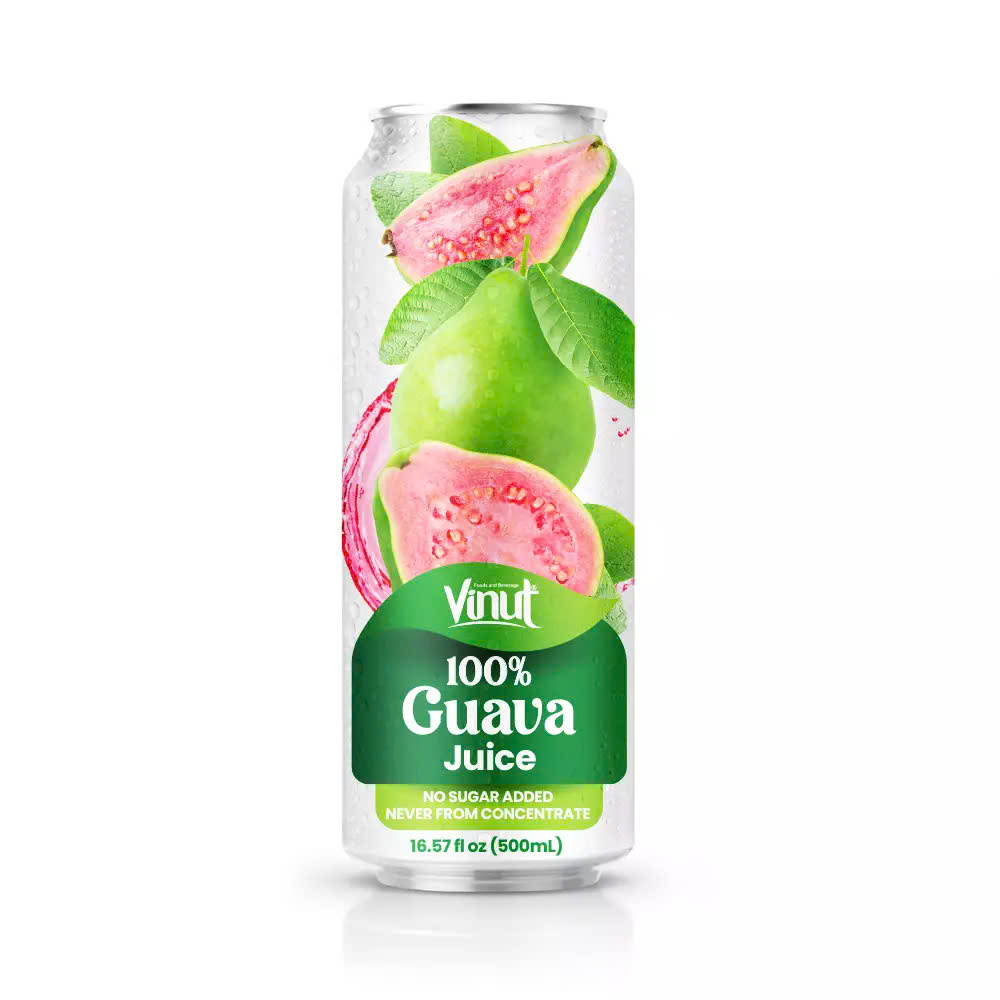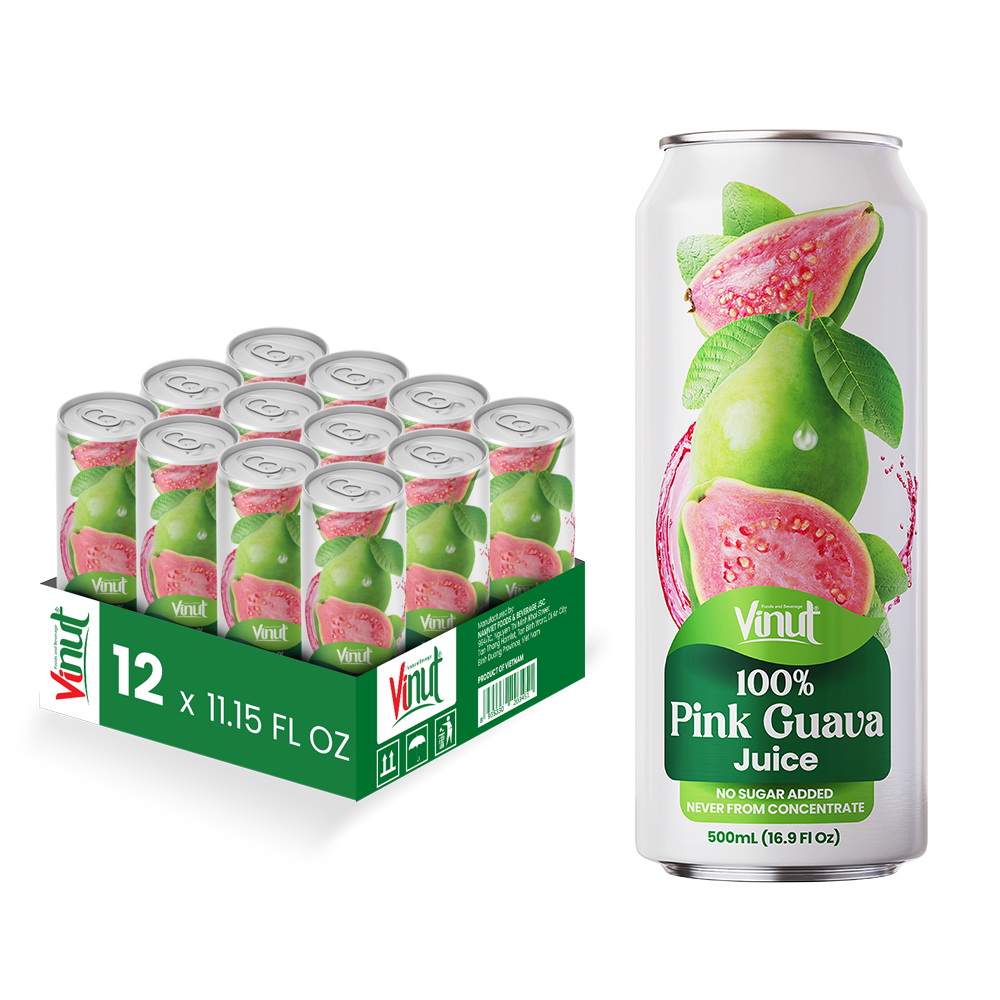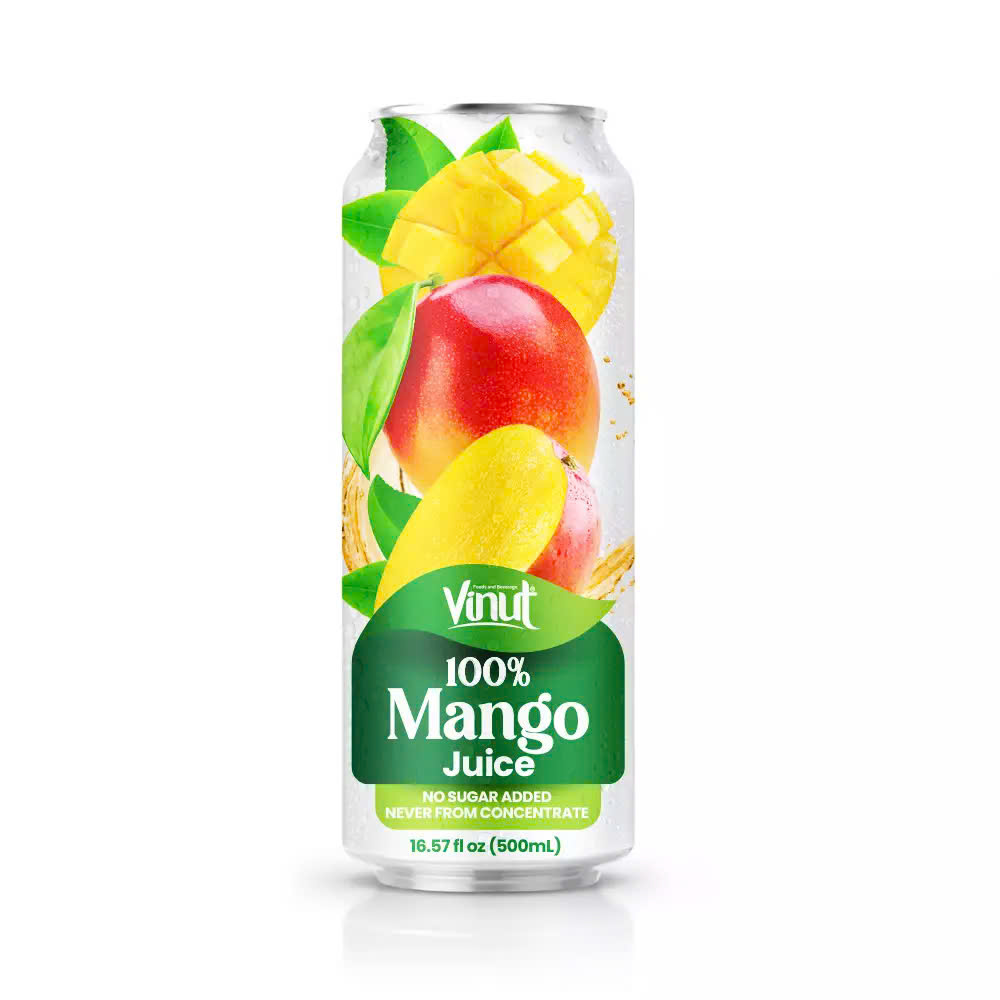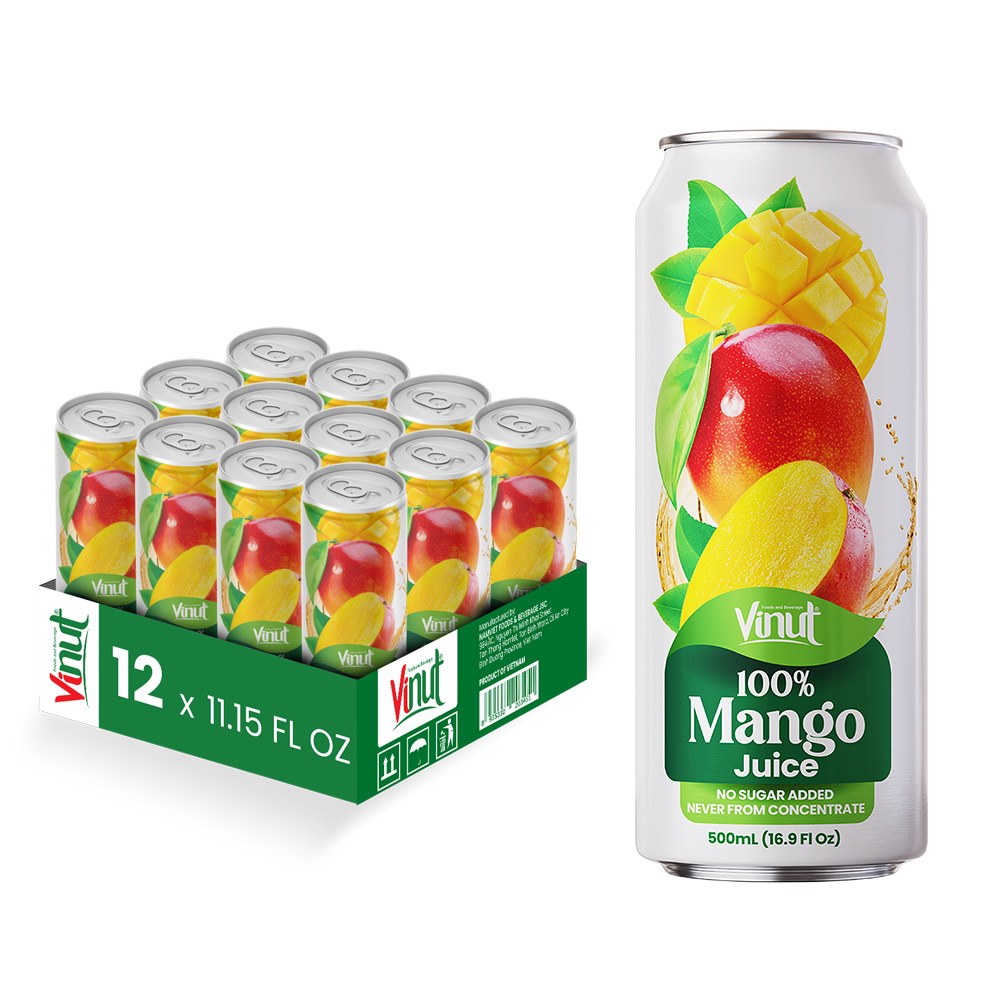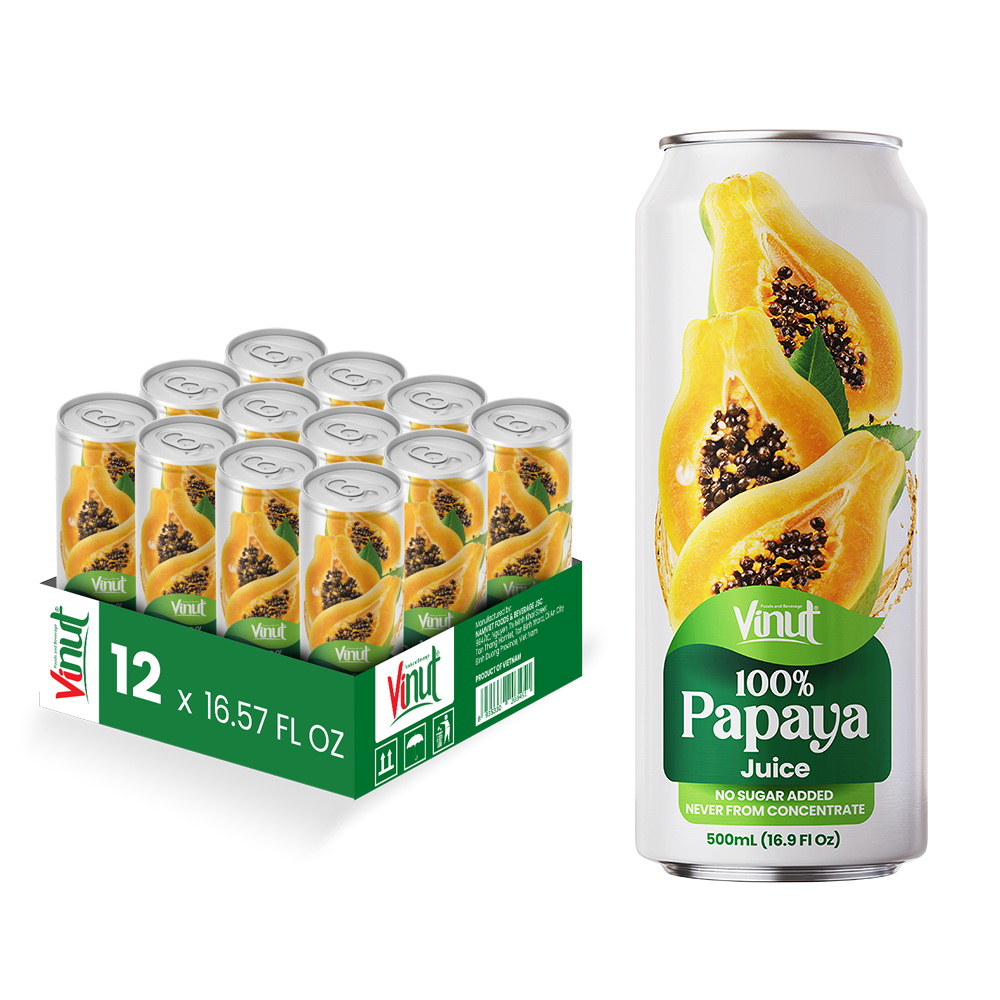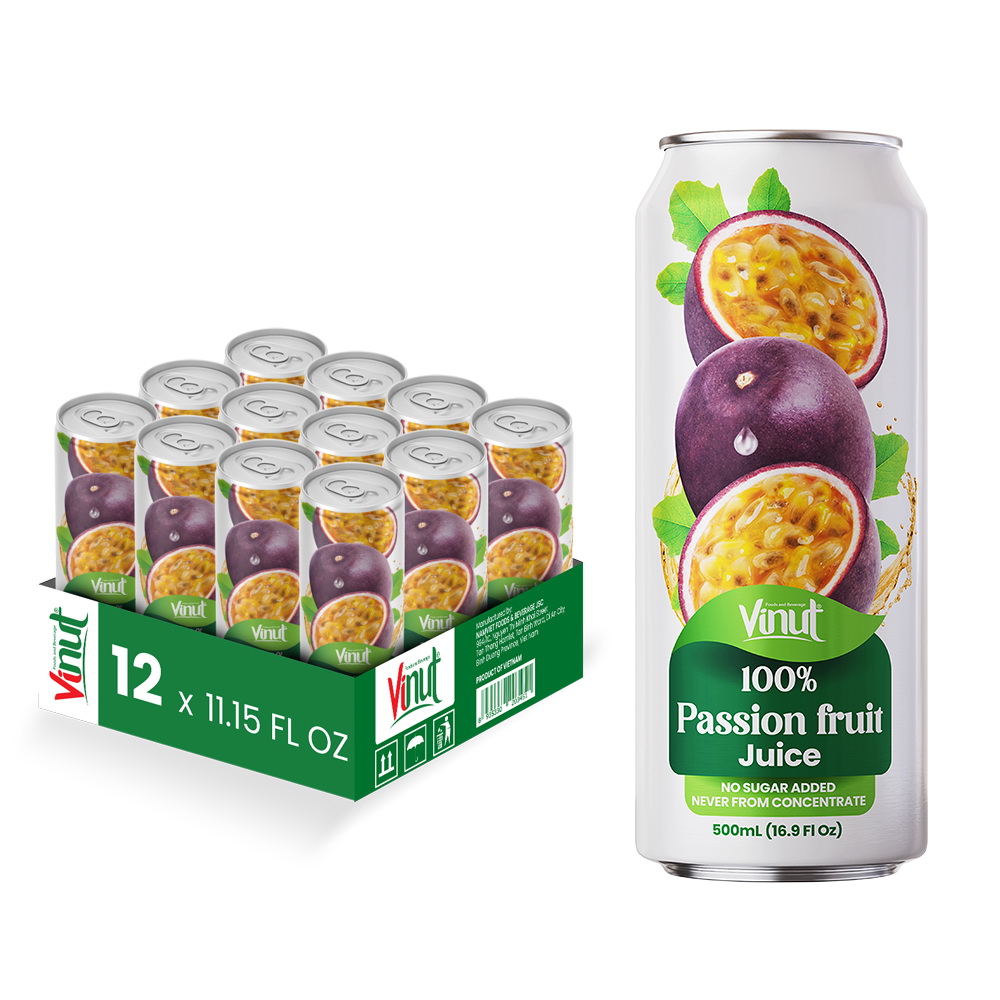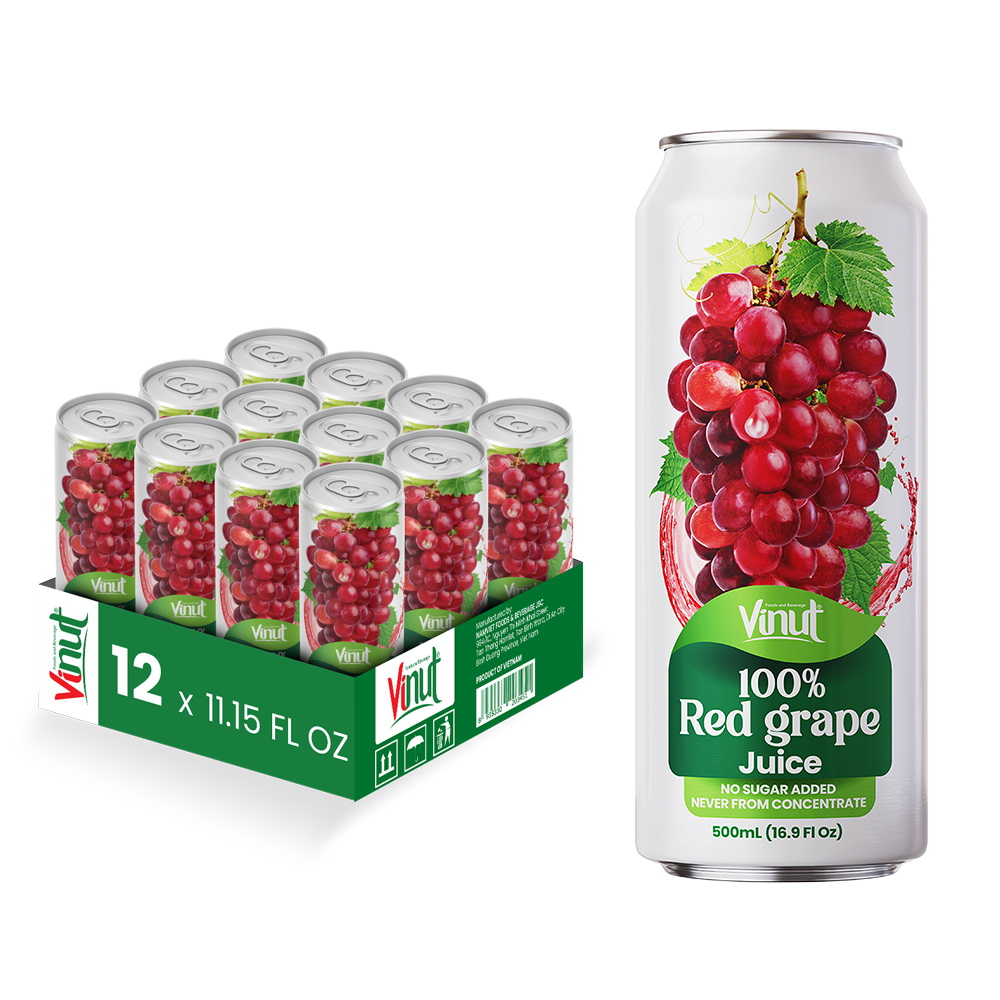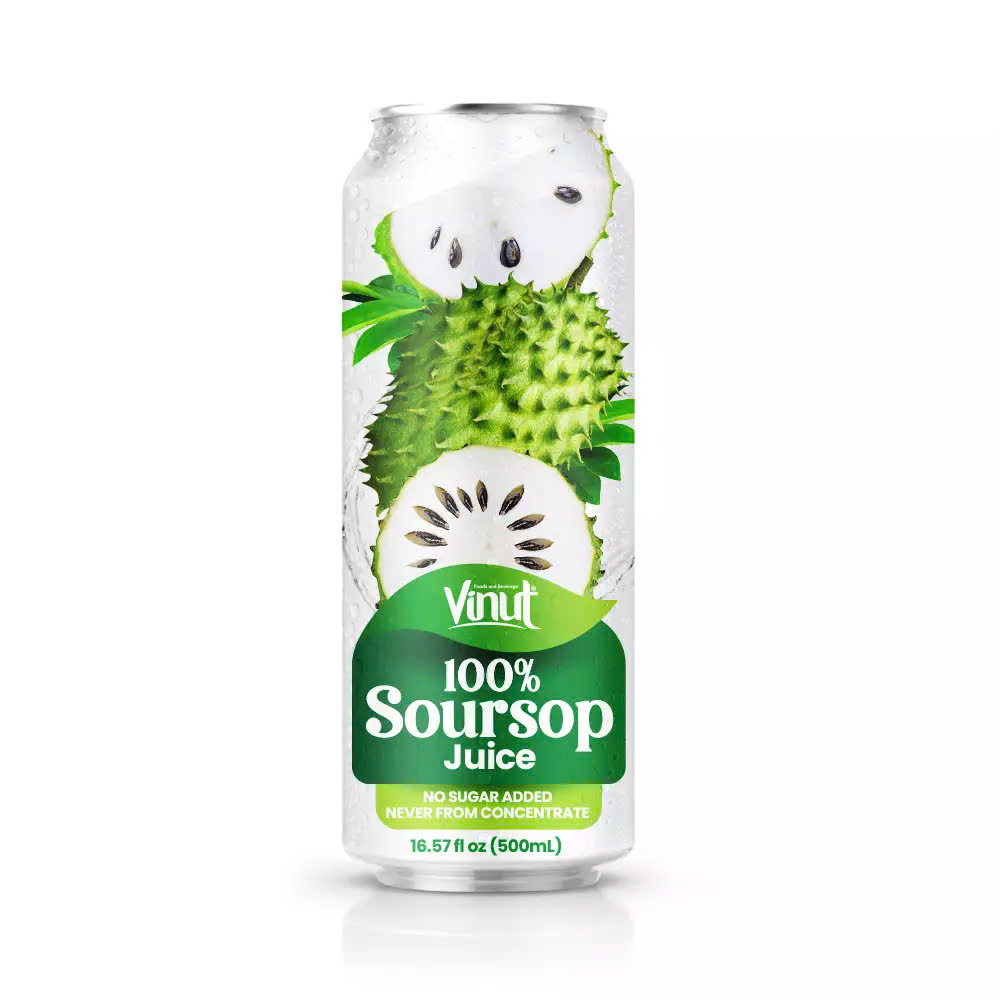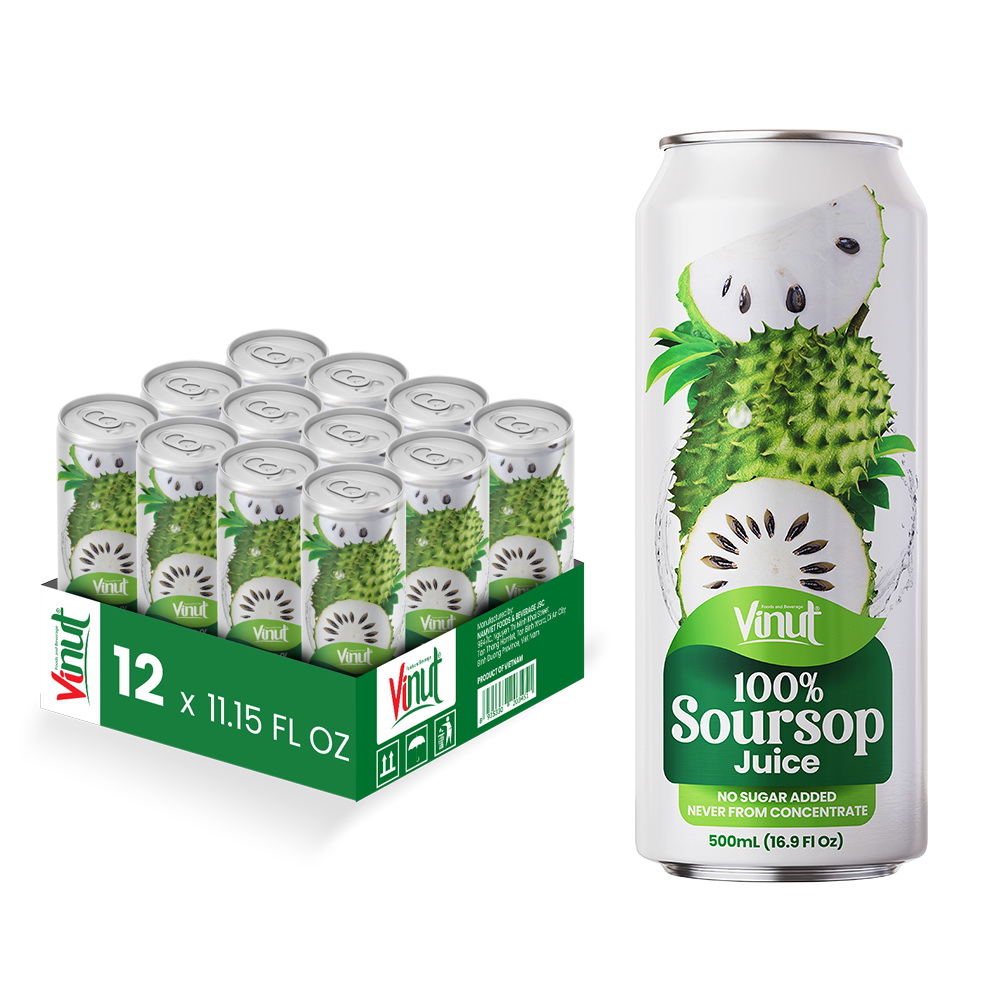
BLOG
Does Drinking Fruit Juice Help with Weight Loss?

1. Understanding Fruit Juices and Weight Loss

Fruit juices, especially those made from fresh fruits, are often perceived as healthy beverages due to their vitamins, minerals, and antioxidants. These juices are typically extracted by pressing or squeezing fruits, retaining their natural flavors and nutrients. Proponents of using fruit juices for weight loss argue that they provide essential nutrients while potentially reducing overall calorie intake by serving as substitutes for higher-calorie beverages like sodas or sugary drinks.
However, the effectiveness of fruit juices for weight loss hinges on several factors, including their calorie content, sugar content, and overall dietary context. While fruits themselves are nutritious, their juices can concentrate sugars and calories, depending on the types and quantities of fruits used. Understanding these nuances is crucial for individuals seeking to integrate fruit juices into their weight loss regimen effectively.
2. Key Considerations When Using Fruit Juices for Weight Loss

1. Nutritional Content and Calories
The nutritional content of fruit juices varies significantly depending on the fruits used and their preparation methods. Whole fruits are rich in fiber, which slows down sugar absorption and promotes feelings of fullness. In contrast, juices may lack fiber and concentrate sugars, potentially leading to rapid spikes in blood sugar levels. Consequently, while fruit juices provide vitamins and minerals, they can also contribute to calorie intake, especially if consumed in large quantities.
When selecting fruit juices for weight loss, opt for varieties that are lower in added sugars and ideally contain no added sugars. Reading nutrition labels is essential to assess calorie content and sugar levels accurately. Consider diluting juices with water or choosing whole fruits instead to benefit from fiber while enjoying natural sweetness and nutrients.
2. Role in Caloric Intake and Satiety
Effective weight loss often involves managing caloric intake while promoting feelings of satiety. While fruit juices can provide hydration and essential nutrients, their effectiveness in curbing hunger may be limited compared to whole fruits. The absence of fiber in juices can lead to quicker digestion and potentially less satisfaction compared to consuming whole fruits, which require chewing and provide bulk.
To maximize the satiety benefits of fruit juices, consider consuming them alongside meals or snacks that incorporate protein, fiber, and healthy fats. This combination can help stabilize blood sugar levels and prolong feelings of fullness, supporting overall calorie control and weight management efforts.
3. Consider Overall Dietary Balance
Incorporating fruit juices into a balanced diet involves considering their role alongside other food and beverage choices. While juices offer vitamins and antioxidants, they should not replace whole fruits and vegetables, which provide essential dietary fiber and additional nutrients. Aim to consume a variety of fruits and vegetables in different forms to optimize nutritional intake and support overall health.
Balancing fruit juices with other components of your diet, such as lean proteins, whole grains, and healthy fats, promotes dietary diversity and enhances nutrient absorption. Avoid over-reliance on fruit juices as the primary source of hydration or nutrients, as this can skew overall dietary balance and potentially contribute to excessive calorie intake.
3. Conclusion
In conclusion, the question of whether drinking fruit juice aids in weight loss underscores the complexity of dietary choices and nutritional considerations. While fruit juices offer vitamins, minerals, and hydration benefits, their effectiveness for weight loss depends on factors such as calorie content, sugar levels, and overall dietary context. To leverage fruit juices effectively in weight loss efforts, prioritize varieties with minimal added sugars, consider their role in calorie intake and satiety, and integrate them into a diverse and balanced diet.
By making informed choices and balancing fruit juices with whole foods, individuals can harness their nutritional benefits while supporting sustainable weight management goals. Remember that moderation and variety are key in achieving a well-rounded diet that promotes both health and weight loss success.


